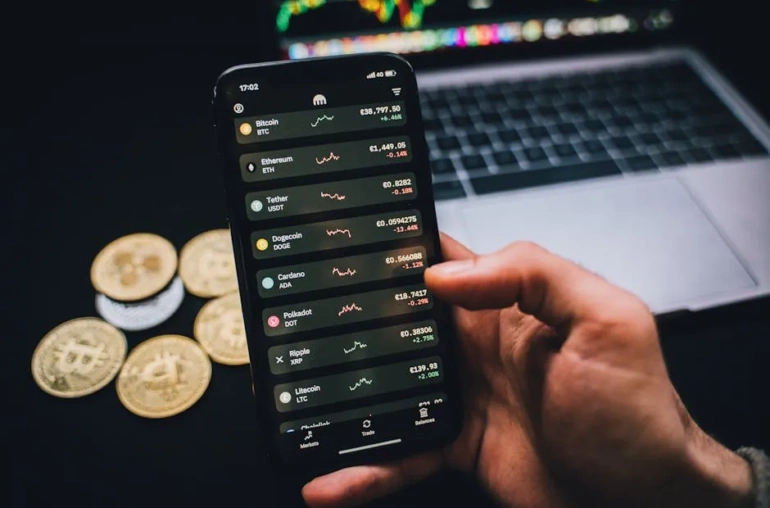
Introduction
In recent years, Venezuela has faced one of the most severe economic crises in modern history, marked by staggering hyperinflation rates that have reached an astonishing 229%. As the local currency plummets in value, Venezuelans have turned to alternative means of trade and value storage. One surprising solution has emerged: Binance dollars, specifically the cryptocurrency USDT (Tether). This article explores how Binance dollars have become a lifeline for many in Venezuela, reshaping its economy amidst turmoil.
The Impact of Hyperinflation
Venezuela’s hyperinflation has rendered the bolívar, the country’s official currency, nearly useless. Prices soar daily, and the local population struggles to afford basic necessities. As the government struggles to implement effective monetary policies, the value of the bolívar continues to erode, pushing citizens to seek more stable alternatives.
Why USDT? The Appeal of Cryptocurrency
In the face of economic instability, Venezuelans have increasingly turned to USDT, a stablecoin pegged to the US dollar. This cryptocurrency offers a semblance of stability that the bolívar no longer provides. Merchants across the country have begun adopting USDT for transactions, with many pricing their goods in Binance dollars rather than the local currency.
Merchants Adapting to the Change
As the demand for USDT grows, local businesses have adapted by pegging their prices to Binance P2P dollar rates. This shift allows them to maintain a relative price stability, making it easier for consumers to plan their purchases without the fear of sudden price hikes. The shift to USDT not only helps consumers but also provides merchants with a way to protect their profits from the ravages of hyperinflation.
The Role of Binance in the Venezuelan Economy
Binance, one of the largest cryptocurrency exchanges globally, has played a pivotal role in facilitating this transition. With its user-friendly platform, Venezuelans can easily buy and sell USDT, allowing for seamless transactions in a country where traditional banking systems are often unreliable. This accessibility has fostered a burgeoning cryptocurrency culture in Venezuela, allowing individuals to participate in the global economy despite local challenges.
Challenges Ahead
While the use of Binance dollars presents a viable alternative to the collapsing bolívar, challenges remain. The volatility of cryptocurrencies can pose risks, and regulatory uncertainties could impact the future of digital currencies in Venezuela. Furthermore, the reliance on foreign currencies can create dependencies that may not be sustainable in the long term.
Conclusion
The emergence of Binance dollars as a de facto currency in Venezuela highlights the resilience of its people in the face of economic adversity. By embracing cryptocurrency, they have found a way to navigate a landscape fraught with challenges, showcasing the potential of digital currencies as solutions in times of crisis. As the situation evolves, it will be essential to monitor how this trend continues to influence Venezuela’s economy and the wider implications for global cryptocurrency adoption.



